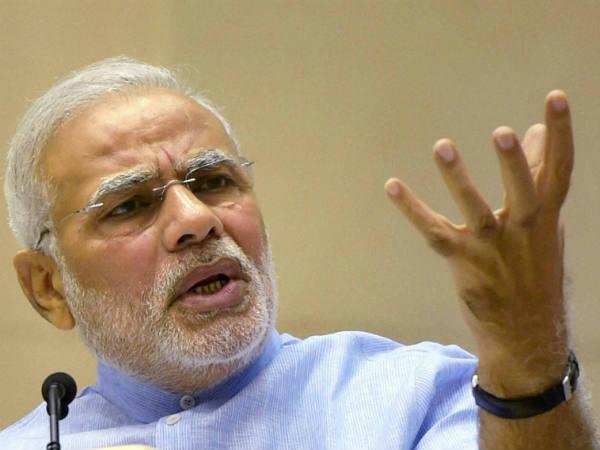Prime Minister Narendra Modi can’t spend too long celebrating after pushing through India’s biggest reform since the 1990s: Economists say even more politically sensitive measures are still needed.
After a decade of wrangling, the upper house of parliament on Wednesday night unanimously approved legislation to establish a nationwide goods-and-services tax known as GST. The move clears the biggest hurdle to unifying India’s 1.3 billion people into a single market for the first time by next year.
Removing a jumble of taxes on interstate trade caps Modi’s push to make India more business-friendly since his landslide victory in 2014. The reform agenda now shifts to deregulating labor and land, tasks that can be tough to reconcile with political interests among India’s rural masses — especially given key state elections in the run-up to a 2019 national vote.
GST proved hard enough to pass even though most major parties broadly agreed on the concept soon after the Congress party-led government proposed it in 2006. Modi himself opposed it back when he led Gujarat state, then made a U-turn when he took national power. A frustrated and weakened Congress party then returned the favor by obstructing the bill. It finally passed after recent state elections increased the power of pro-GST parties.
(Sourced from agencies, Feature image courtesy:oneindia.com)



























